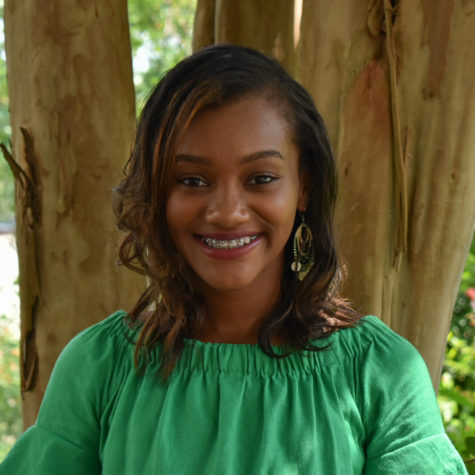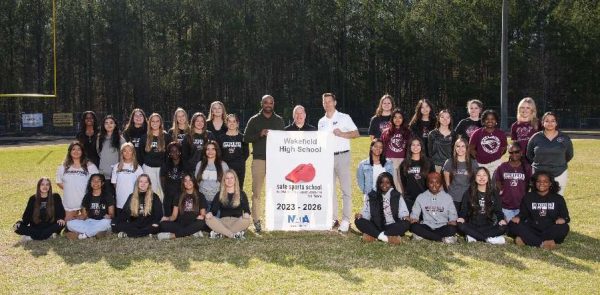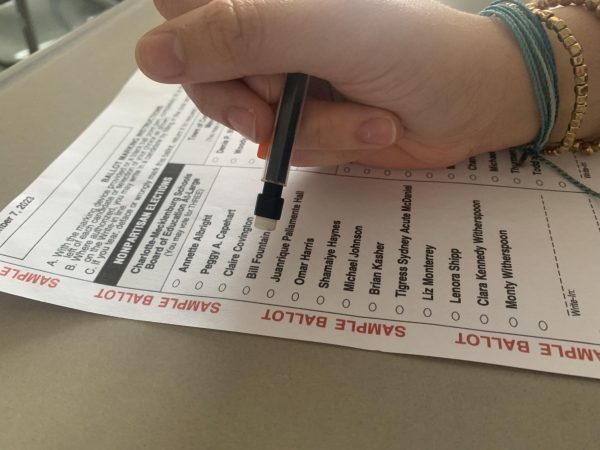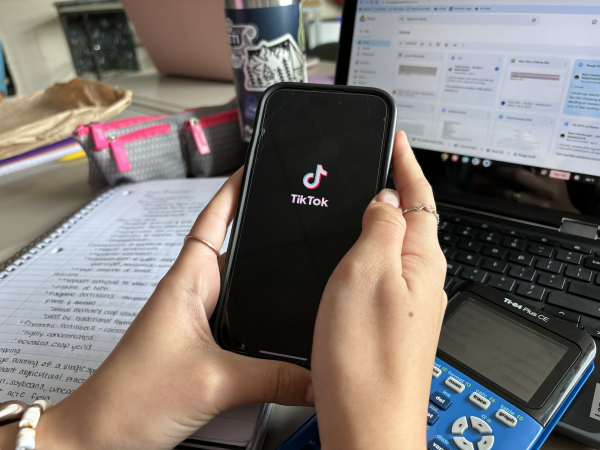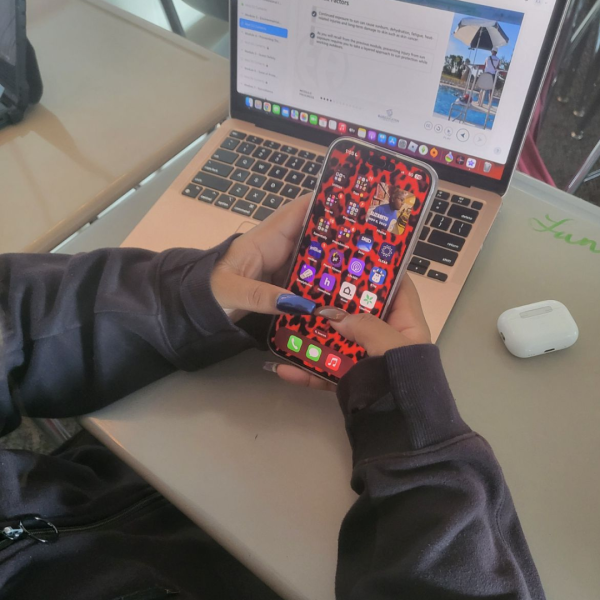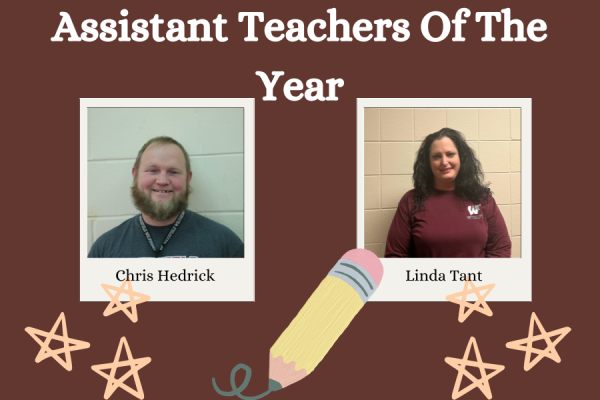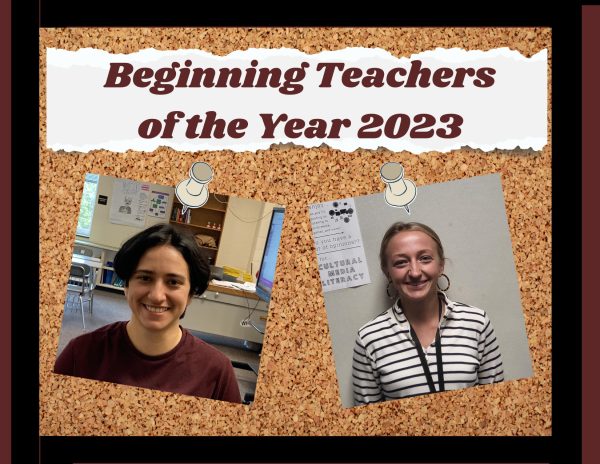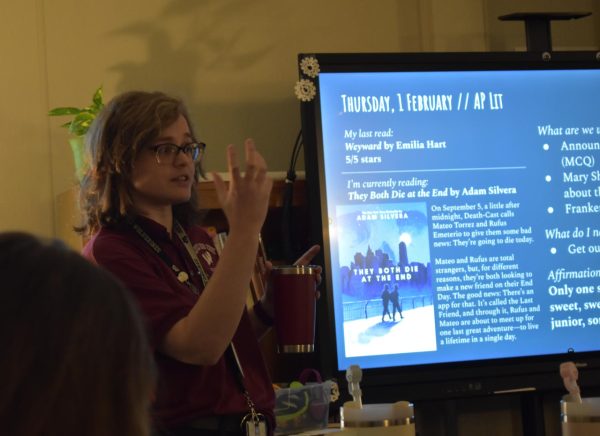Wolverines prepare for first semester exams
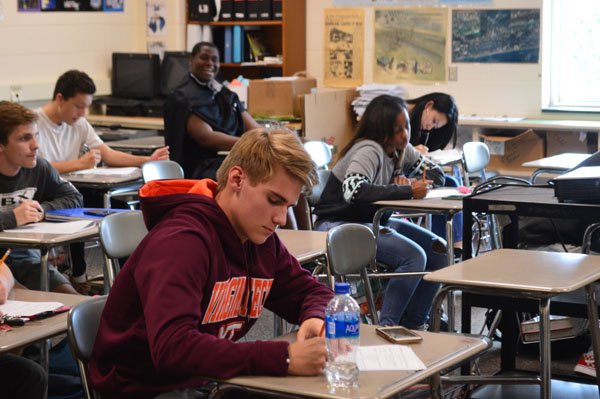
Students work hard in their classes in order to earn exemptions from finals.
As the clock counts down until the new year, students prepare to take their fall semester exams. By studying for all classes students ensure they pass their exams. Eligible students anticipate the chance of being exempt from certain class exams. Nevertheless, teachers are reviewing with classes to ease students’ nerves on taking assessments.
Junior Brianna Clemons is ready to ace her exams, seeing as she wants to do well because exams count for twenty percent of the ultimate grade in the class.
“I think [the most stressful part] is making sure you study everything,” Clemons said.
First semester exams are Friday, January 12 through Friday, January 19. For the first two days of testing, all Wolverines are supposed to be present at school even if the student does not have any testing assessments that day. The only exception is if they are exempt from a teacher-made exam. This is because January 12 and January 16 are reserved for teacher-made, CTE, and NCFE exams.
A student can be exempt from a teacher made exam if he/she has a passing grade in the class with few absences. This applies to students with an A, 100-90, with 3 or fewer absences; a B, 89-80, with 2 or fewer absences; or a C, 79-70, with 1 absence. All absences count toward final exemptions. It does not matter if missing an instructional day was excused or not. If the final test for the class is an NCFE, North Carolina Final Exam, or CTE, Career and Technical Education, there are no exemptions.
Peers who attend school get an extra class period with teachers to study for state-made exams (NCFE) and EOC exams, such as English II, Math I, and Biology.
To strengthen the minds of English II and Math pupils before testing, English teacher Ms. Goodson and Wakefield Testing Coordinator Ms. Kelly plan to review with their subjects using diverse techniques to fit the different kinds of learners in their classroom.
“[As Testing Coordinator] my duties are to coordinate the exam schedule for teachers for state exams, NC final exams, and EOC exams,” Kelly said.
Using diagrams, visual learners are able to get a picture of reading comprehension vocabulary in English state exams.
“We’ll review using different activities with cards where [students] hold up their answers or digital response where [the class] can graph the scores,” Goodson said
Learners can grasp the knowledge by participating in Kelly’s math classroom review.
“ I’ll start reviewing after winter break — Kelly
For learners that prefer to study using technology, Goodson recommends making quizlet flashcards so he/she can study wherever they are.
Students are also taking an initiative to do early studying over winter break. With only a week of school in between getting back from winter break and testing days, reevaluating notes is a productive way to spend time.
Studying methods vary between students depending on what category peers need and how they effectively learn.
With only one and a half more years until college, junior Krista Foland is very focused on grades. Foland wants to do well so she can look towards her new set of classes.
“[The best way to study] for me is just reviewing study guides that are given,” Foland said. “[Teachers’] websites are very useful because they put everything on there.”
Study groups are also a fun and collaborative way to help prepare for exams.
“As long as everyone in the group does their part and no one is too distracting, I like study groups,” Clemons said.
For the people who are nervous about exams or if it is their first time, it’s wise to ask for advice.
“Come in and just relax and know the information. Usually, go with your first instinct, chances are you are going to be right, not all the time but most of the time it’s going to be right,” Kelly said.
Students recognize the value of pacing study sessions in the upcoming weeks.
“Don’t freak out about it; start reviewing really early. If you spend 10 minutes a night just looking over guides or quizzes [it] can be really helpful,” Foland said.



